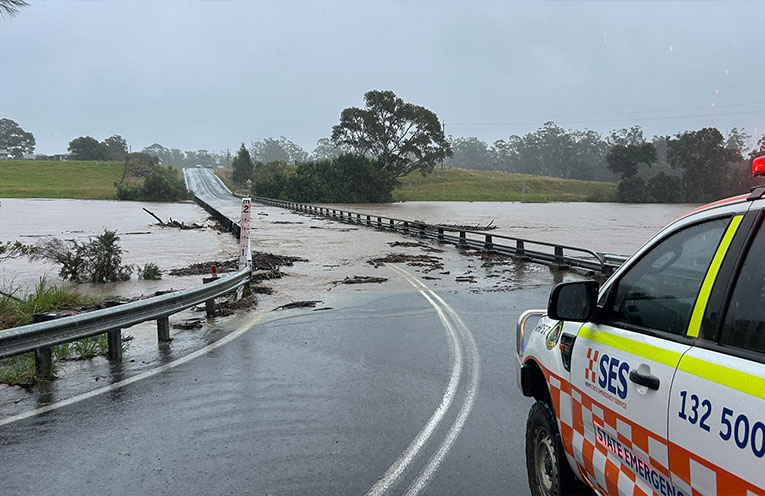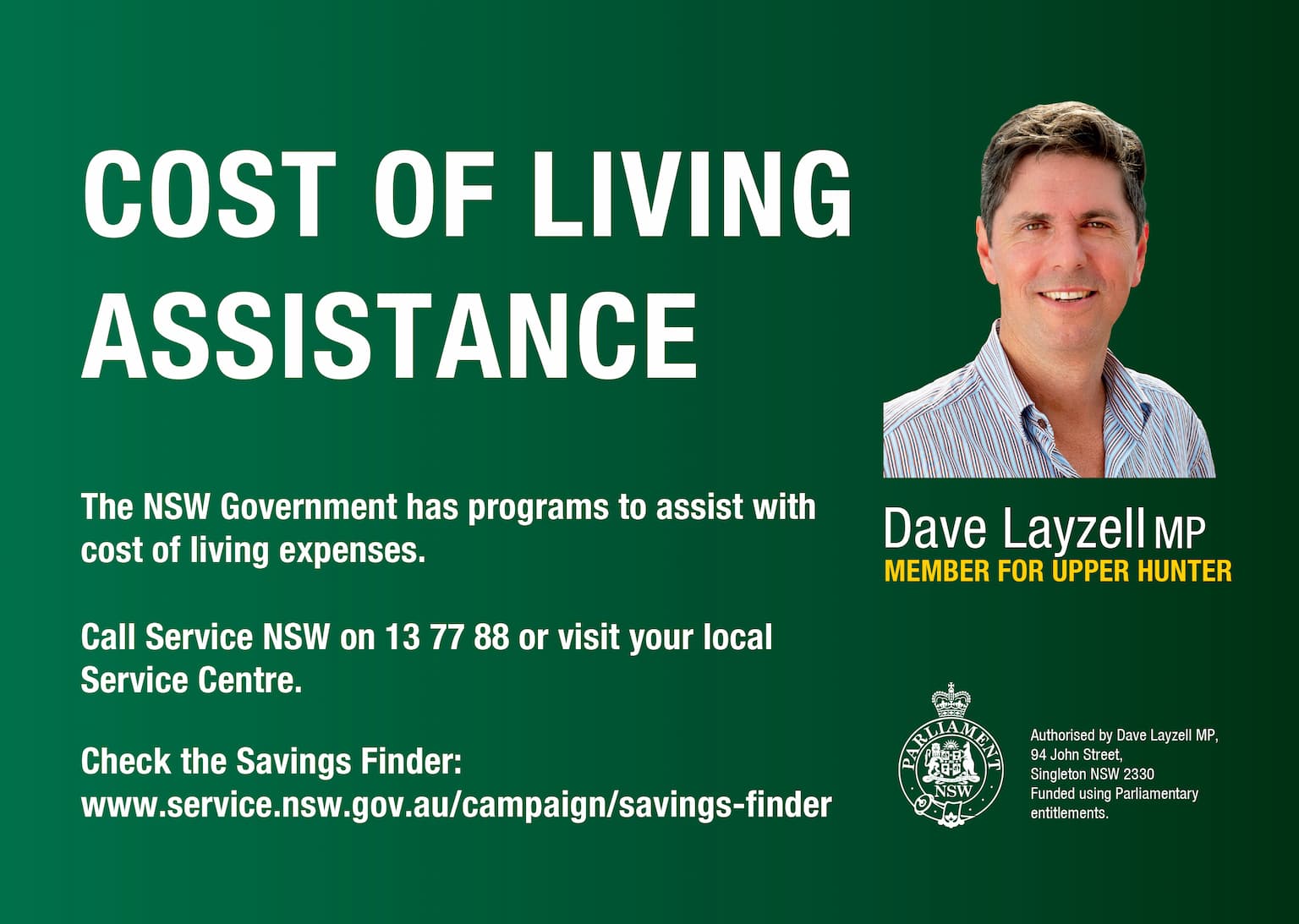PREDATORY scammer activity is predicted to skyrocket in the wake of the recent rains and flood disasters.
In the aftermath of severe flooding, the State Government is urging people to remain vigilant when donating to recovery efforts.
As communities recover and rebuild, authorities are warning that scammers may attempt to exploit the situation through fake fundraising appeals.
“The generosity shown by people across NSW in response to the floods has already been extraordinary, but sadly, we know that scammers are quick to take advantage of these moments,” said Acting Minister for Better Regulation and Fair Trading Paul Scully.
“Before you donate, take a moment to verify the fundraiser at verify.licence.nsw.gov.au, or donate through givit.org.au.
“A few simple checks can make all the difference in ensuring your support goes to those who truly need it, and we want to make sure that every dollar donated goes to helping people rebuild their lives and not into the hands of fraudsters.”
NSW Fair Trading is reminding the public to take simple precautions to ensure their donations are going to legitimate causes.
This includes checking the charity is registered and has a valid fundraising authority, and being cautious of unsolicited donation requests via phone, email, or social media.
Consumers are encouraged to:
● Check the charity’s registration on the Australian Charities and Not-for-profits Commission (ACNC) website: https://www.acnc.gov.au/charity/charities
● Look up the organisation on the NSW Fair Trading Charitable Fundraising Register: https://verify.licence.nsw.gov.au/home/Charities
● Avoid clicking on links in unsolicited messages or emails.
● Report suspected scams to Scamwatch or contact NSW Fair Trading: https://www.scamwatch.gov.au.
While a variety of scam types exist, and more are dreamed up every day, many share a similar set of features that can and should be looked for every time we open an unsolicited message.
Many scams include:
● A strong sense of urgency (regarding either a serious problem or a surprise win);
● Use of familiar names or brands;
● Dubious grammar and language manipulation;
● An easy way out of the problem posed.
Some scammers will impersonate a flood victim or charity desperately reaching out for help, soliciting donations in a way that appeals directly to the well-meaning nature of many people who just want to help those in need.
According to the Australian Competition and Consumer Commission’s Little Book of Scams, scammers “use sad stories and cries for help”.
“Scammers will try and use your good nature against you, they will share stories of heartbreak and tragedy with you and explain why they need your help and your money,” the advice states.
“Scammers don’t want you to take your time and think things through, they want to pressure you into acting quickly – this can include making threats that something bad will happen if you don’t act fast.
“Scammers use links or attachments within emails and phone messages to send you to scam websites or install viruses designed to steal your information and money.”
By Thomas O’KEEFE




